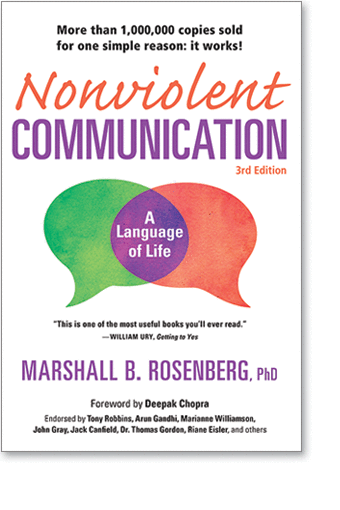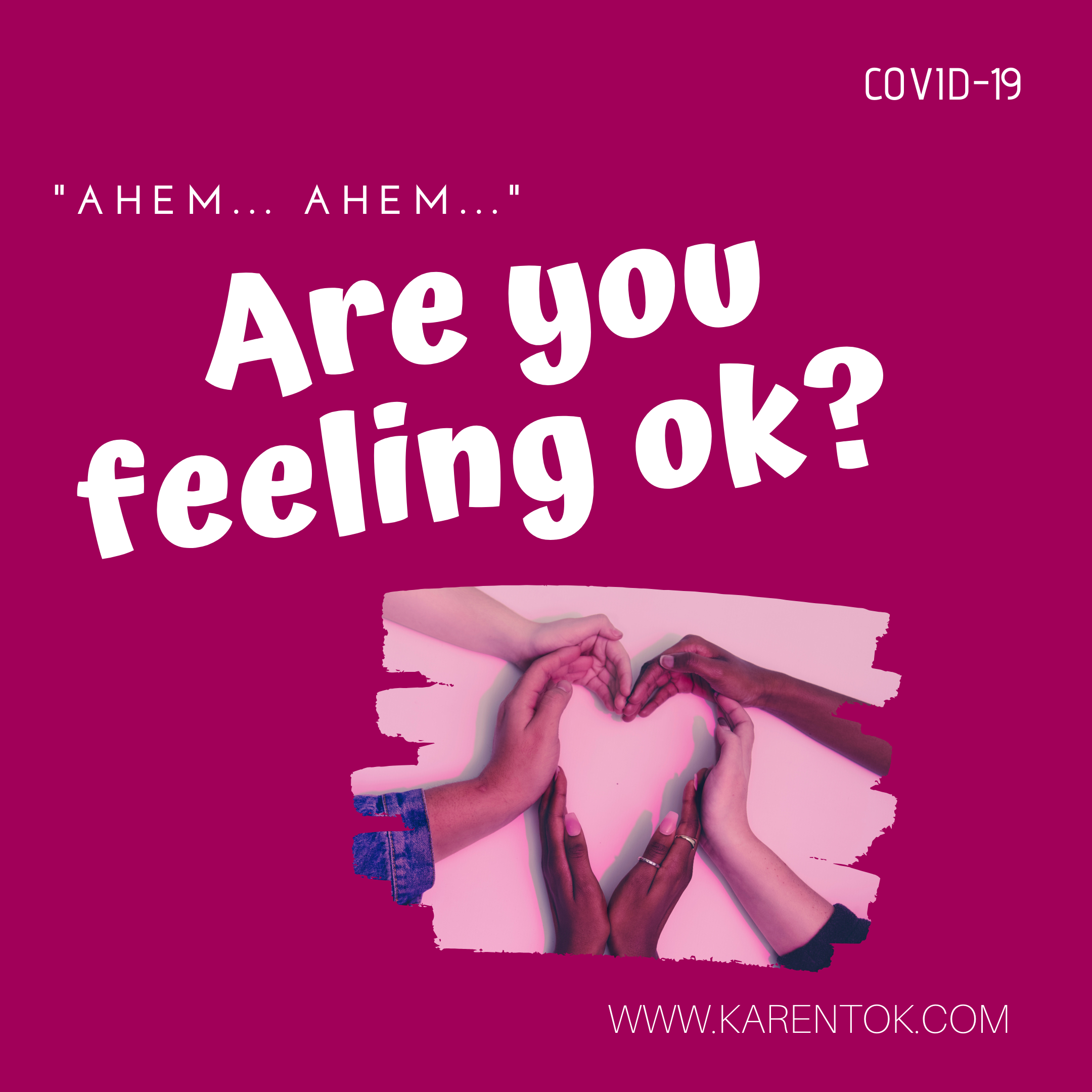Nonviolent Communication
Have you ever felt that despite repeated attempts to express your needs to your spouse or children they never get met?
Have you ever wondered if reward and punishment is the only effective way to get people to do what we want?
This powerful book “Nonviolent Communication” makes me rethink the way I communicate with others. Despite listening to the audio version a few times, applying its methods and trying to shift how I listen and communicate to others - especially towards my daughter - I realise it is very challenging to re-engineer my mind.
Key takeaways and the skills I hope to master :
To create quality connections“The intention of NVC is not to get people to do what we want them to do, but to create the quality of connection necessary to get everyone’s needs met compassionately.”We are often able to express externally what’s going on but unable to use the language of life to express what is going on internally. If we grow aware and connected to “what’s alive in us”, we’ll get rid of negative emotions like anger, guilt, depression and shame. Aim: “Needs are life in action". We all need to learn how to reframe the expression of our feelings and needs used to connect ourselves and others.
Retain power over our emotions Know that no one can make us feel differently and we can’t fully change the feelings and interpretations that others have of their emotions and situations. We should take full responsibility for our feelings and not make others responsible for how we feel.
Aim: Don’t shoulder the responsibility for how others should feel - after all we have no control over them - that we are unable to express our needs authentically.
Communicate our needs freely Listen and communicate from our feelings and needs, not from our thoughts or evaluation of others. Express from the heart how we feel and not how others make us feel. Aim: Listen without prejudice when others pass judgement or voice a negative opinion. Instead of getting defensive, aim to connect authentically and hear what his/her unfulfilled needs are.
Make observations without flawed evaluation
It is a learnt skill to make clear observations without injecting personal evaluations so that our words are not perceived as criticism. It is not about not evaluating - as we need to judge our behaviours, and others, to see if we are serving lives - but to avoid evaluating scenarios based on static generalisation and personal bias.
We have all been programmed a certain way based on our experiences. For some, when a spouse wants more of our time and affection, she/he is read as needy and dependent. If others are more detailed than us, they are picky and compulsive, if we are more detailed than others, they are sloppy and disorganised.
Evaluation & Observation :
“You didn’t care enough to show up” “I feel hurt and unloved when you didn’t show up”
“If you don’t eat a balanced meal, your health will be impaired”
“If you don’t eat a balanced meal, I fear that your health might be impaired”
“Jim is ugly”
“Jim’s look doesn’t appeal to me”
“You are too generous”
“When I see that you give so much money away, it appears to be that you are too generous” *At least this separates observation and evaluation.
Using such flawed evaluations to communicate our needs are tragic expressions of our own values and needs. It increases people’s defences and resistance. Or if they agreed with our analysis, they’re likely to feel fear, guilt or shame, and be worried about being punished, or some sort of consequence. Aim: Instead of telling people what we think, we should bravely communicate which of our needs are not being met.
Reward & Punishment vs. Human Needs
“Punishment is a losing game, it reinforces the idea of using violence as a way to get people to do what we want and we become the source of punishment.” “Our culture and education taught us to judge people and not see people based on their needs. We often ask what’s wrong with us, what’s wrong with others.”
“We believe that people deserve to be punished when they are judged a certain way, and be rewarded if they are judged in other ways."
We should create a culture where we think about human needs instead of a culture where we label people as good, or bad. NVC wants people to do things because they see how it enhances life, not because they desire the extrinsic reward/praise from others, or to avoid the threat of punishment. Don’t just ask what we want people to do differently, instead ask what we want their reasons to be for doing what we want them to do?
Client case studies shared by Rosenberg in his book :
A couple married for 35 yrs with unresolved issues on financial management because the wife had allowed the joint account to go into overdraft through over issuing cheques in the past.
Husband: “if I leave financial management to my wife, we will run out of money in no time”
Real needs: “I am concerned with the financial security of the family”
Wife: “He is just like his father, stingy with money”
Real needs: “I need to be trusted that I can learn to manage finances better”
2. An on going teachers and school administrator conflict.
What did the administrator do? Asked Rosenberg.
Teachers “he got a big mouth”, “he wants to be the centre of attention”
“These are not what he did but they are evaluations of him,” said Rosenberg
After one hour, he finally understood that the administrator loved to share his own experiences, whenever a certain topic comes up he would go on and on about what it was like for him.
After helping the teachers to rephrase their needs correctly to the administrator, he finally understood what they needed and was very appreciative.
This book goes deeper than just tackling issues of communication and influence, it offers great insights and a structure of communication that supports compassion and giving. It encourages us to learn from our limitations without losing self-respect. I love the interesting case studies from his global training sessions. Marshall Rosenberg (1934 to 2015) was an American psychologist, mediator, author and teacher.


